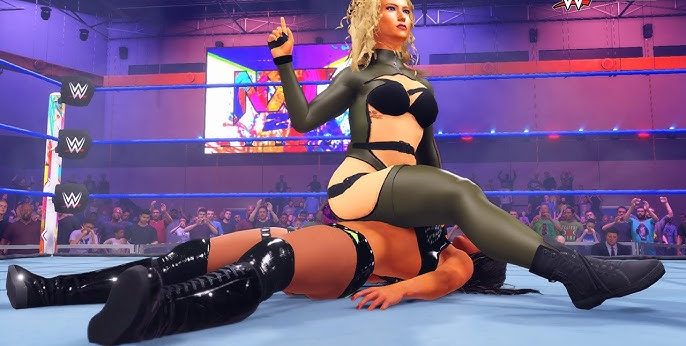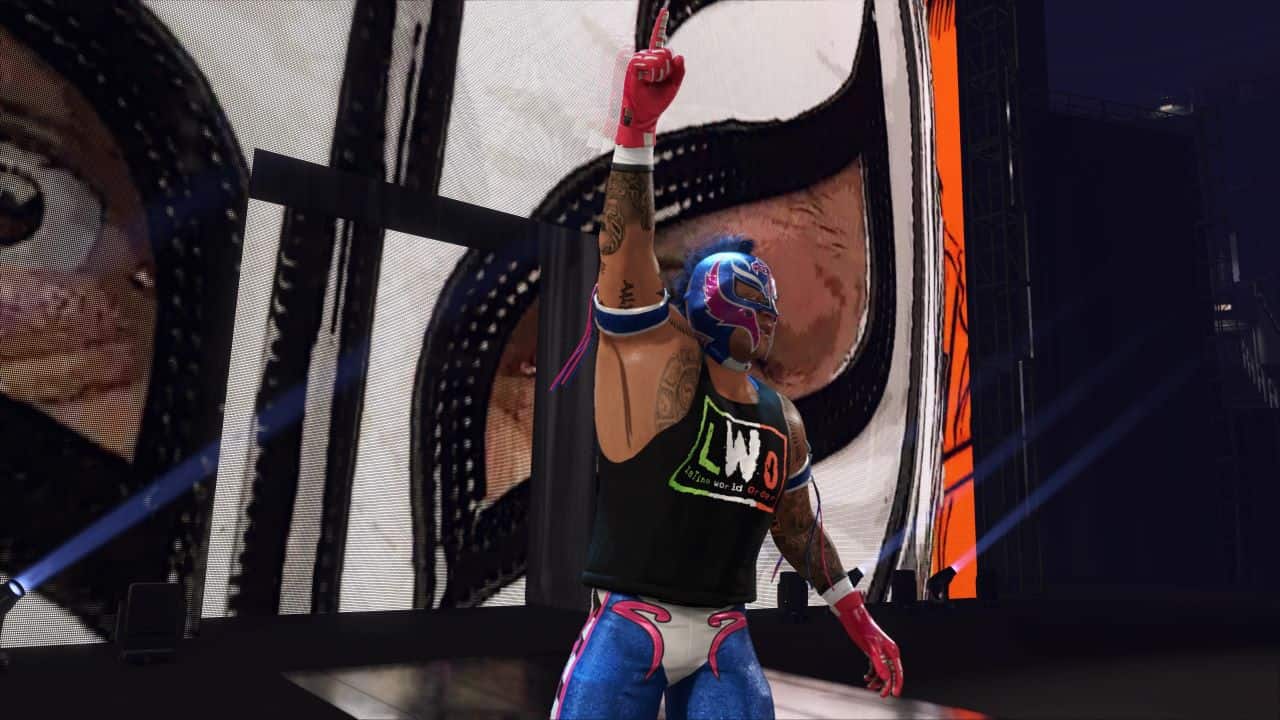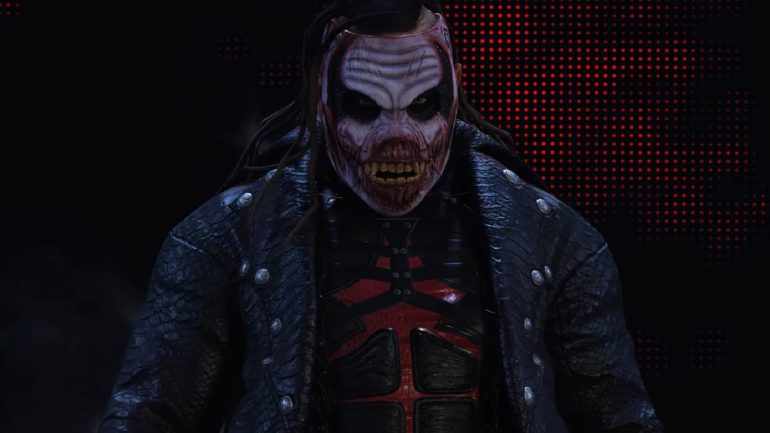Hosting an online tournament in WWE 2K can be an exciting way to test skills, showcase talents, and foster a competitive community. However, ensuring fairness is crucial for keeping players engaged and maintaining integrity. From balancing match rules to preventing exploits, setting up a tournament requires careful planning. Without clear guidelines, issues like overpowered characters, connectivity problems, and disputes can arise, leading to frustration and an unfair experience.
This guide will help you organize a well-structured, fair, and competitive WWE 2K online tournament. Whether you’re hosting for friends, a gaming community, or a larger audience, following these steps will ensure smooth execution and enjoyable matches for all participants.
1. Establish Clear Tournament Rules
A fair tournament begins with a solid rule set. Without defined regulations, players may exploit loopholes, leading to an unbalanced experience.
- Match Rules: Set clear match stipulations (e.g., one-on-one, tag team, or elimination matches). Decide if special abilities, ring-outs, or finishers have limitations.
- Character Restrictions: Limit the use of overpowered or banned wrestlers to maintain balance. You can establish a tier system or prohibit custom characters with unrealistic stats.
- Match Timers & Pacing: To avoid overly long matches, set time limits and pinfall/submission rules.
- Sportsmanship Guidelines: Define behavioral expectations, including respectful conduct and penalties for rule-breaking.
Communicating these rules before the tournament begins will minimize confusion and ensure all players compete on an even playing field.
2. Choose a Stable Hosting Platform
The online gaming experience in WWE 2K depends heavily on server stability. Selecting the right platform ensures a smooth tournament.
- Dedicated Servers vs. Peer-to-Peer: If the game supports dedicated servers, prioritize them to reduce lag and connectivity issues.
- Platform Selection: If crossplay is available, decide whether the tournament will include players from multiple platforms (PlayStation, Xbox, PC) or remain exclusive to one.
- Latency & Connection Rules: Establish minimum internet speed requirements to prevent unfair lag advantages. Require wired connections if possible, as they provide a more stable experience than Wi-Fi.
- Backup Plans: Have contingency options for connection failures, including match resets or alternative match schedules.
A strong online infrastructure prevents frustration and ensures fairness for all participants.

3. Implement a Fair Matchmaking & Seeding System
An organized matchmaking system prevents early imbalances and maintains a competitive tournament flow.
- Skill-Based Seeding: If possible, rank players based on previous tournament performances or in-game statistics.
- Randomized Brackets: For casual tournaments, consider a random bracket draw to keep things unpredictable.
- Double-Elimination or Swiss Format: Instead of single-elimination, allow players a second chance through double-elimination or Swiss-style tournaments, which can be more forgiving and fair.
- Match Schedules: Set fixed time slots for matches to avoid delays and ensure all participants are available.
By implementing structured matchmaking, you can create an engaging and competitive atmosphere where all skill levels have a chance to succeed.

4. Use Fair Officiating and Dispute Resolution
No tournament is without disputes, so having a system to handle conflicts fairly is essential.
- Dedicated Moderators: Assign tournament officials to monitor matches and enforce rules.
- Replay & Evidence System: Encourage players to record their matches to provide proof in case of disputes.
- Penalty System: Establish clear consequences for rule violations, such as match forfeitures or disqualifications.
- Live Updates & Communication: Use a Discord server, social media, or a dedicated tournament website to keep participants informed in real time.
With a structured dispute resolution process, you can handle conflicts quickly and maintain a professional tournament environment.


